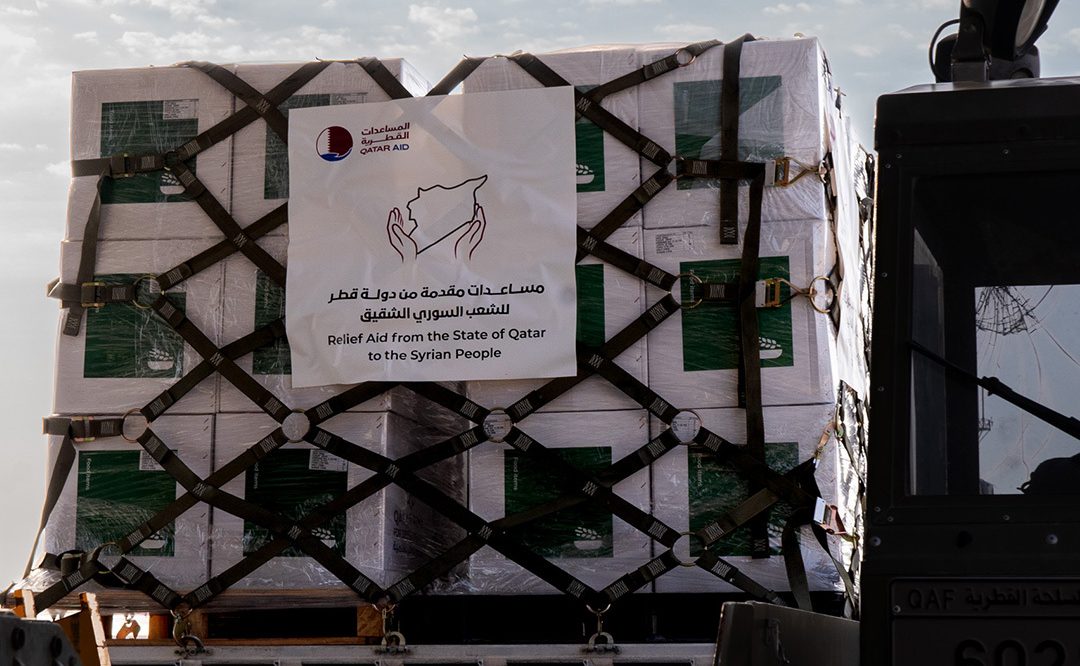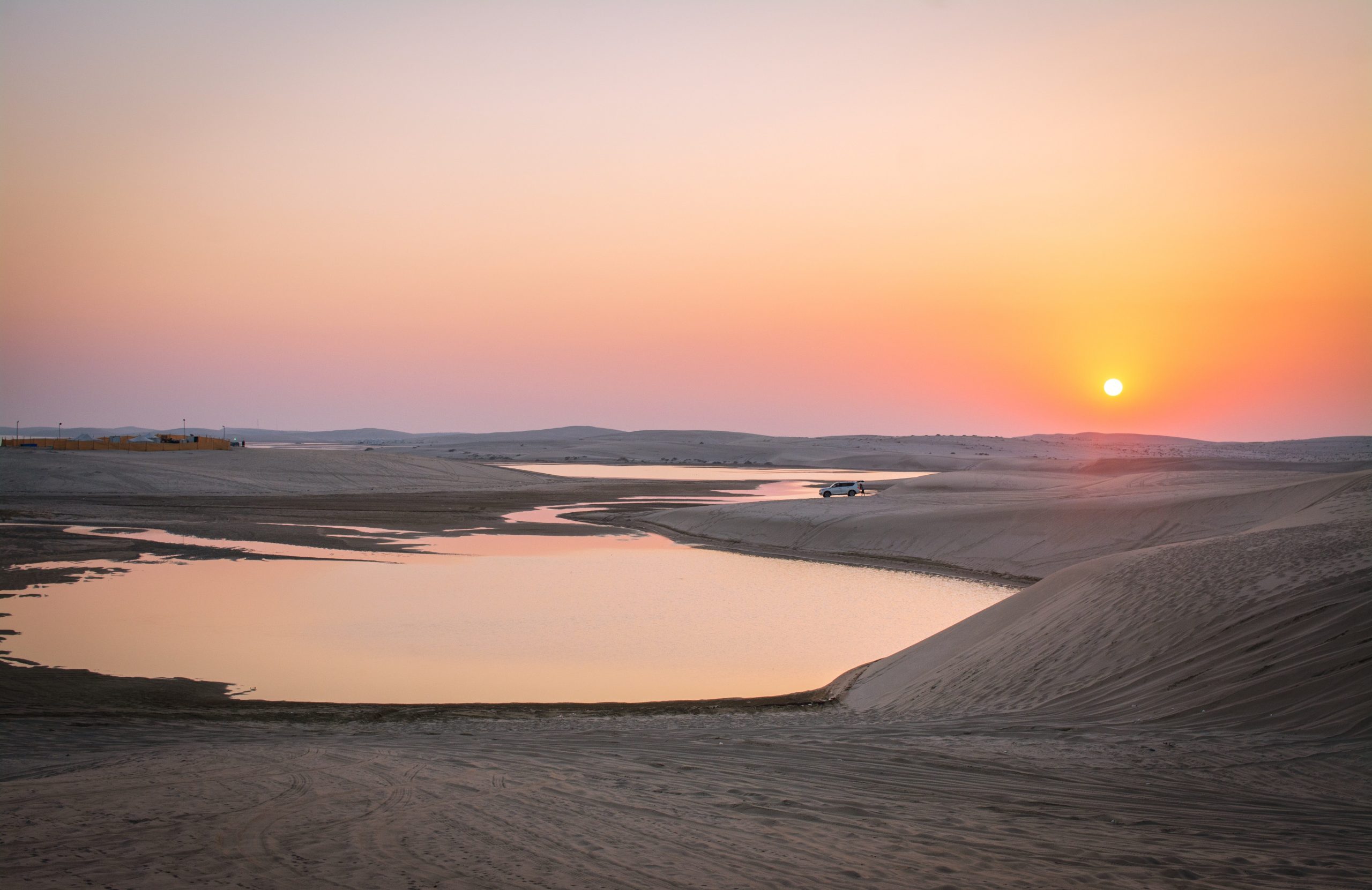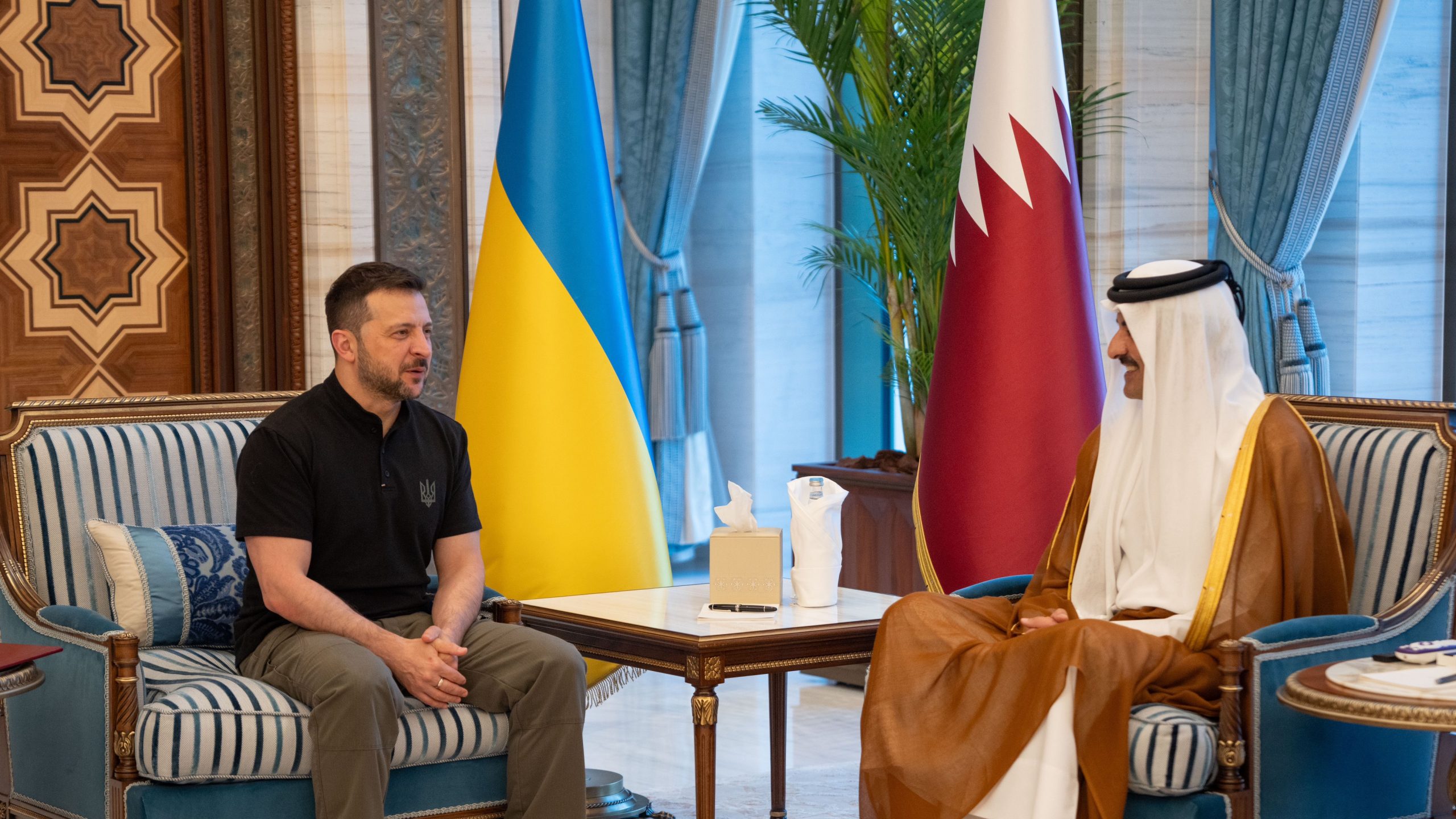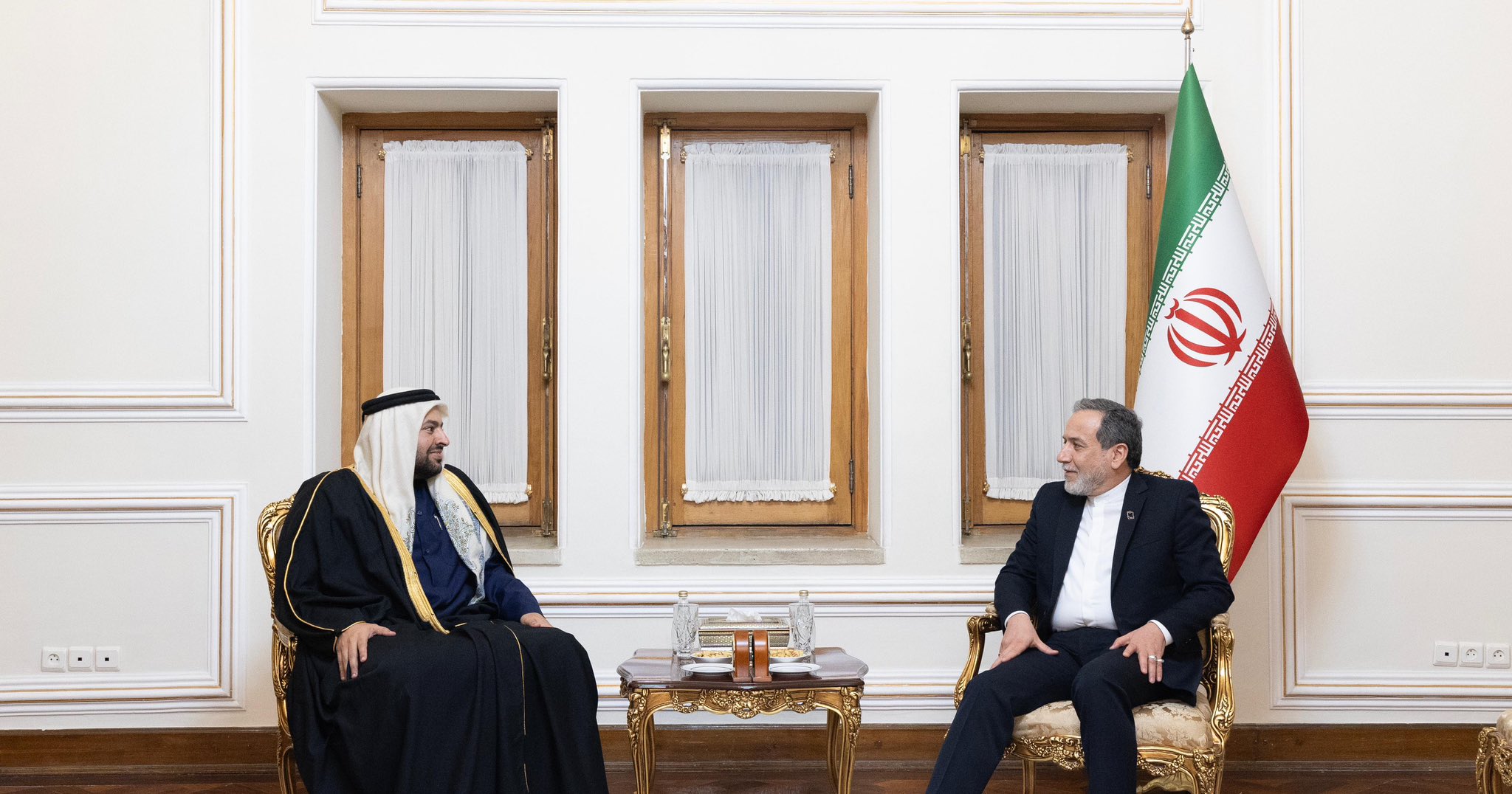The Qatari broadcaster went live from Cairo for the first time in eight years on Saturday.
Egyptian security services at the Cairo International Airport arrested Al Jazeera journalist Rabie Al-Sheikh after he returned home from Qatar on Friday, Al Araby Al Jadeed reported.
Neither Al Jazeera nor Egyptian authorities have issued a statement as of yet to confirm the reports.
However, a source with knowledge on the matter informed Al Araby Al Jadeed that the National Security Agency of the Ministry of Interior has been involved in the forced disappearance of the journalist since his detainment.
The sources added that he was arrested after being subjected to a lengthy investigation into the nature of his work for Al-Jazeera Mubasher at the agency’s office at Cairo Airport.
Since his arrest, Al-Sheikh’s Facebook page has been deleted.
According to the Arab Media Freedom Monitor [Ikshef], which condemned the arrest, Egyptian authorities sentenced the journalist to a 15 day imprisonment on charges of “spreading false news”.
His arrest came after security services leaked an audio clip of Al-Sheikh as he was asking Al-Ahram’s former editor-in-chief, Abdel Nasser Salama to appear on Al Jazeera to talk about the Grand Ethiopian Renaissance Dam [GERD] crisis.
Al-Sheikh also reportedly wanted to interview Salama for an article he wrote in which he demanded that President Abdel Fattah El-Sisi resigns for apparent negligence towards the islands of Tiran and Sanafir and the Nile waters, by signing the Declaration of Principles in 2015.
Salama himself was arrested from his home in Egypt last month and was charged with spreading false news and funding and joining a terrorist group, a bogus charge often given to journalists by Egyptian authorities.
News about Al-Sheikh’s arrest came days after Al Jazeera aired live from Cairo for the first time in eight years after it was shut down in 2013 during a raid that saw the arrest of several journalists.
Prominent Palestinian reporter Shireen Abu Aqla reported live from Egypt on Saturday, in what was seen as the latest step towards improving Qatar-Egypt ties since the two states reconciled in January.
The return of Qatar’s flagship broadcaster came as a surprise as there was no prior information released to the public regarding the resumption of operations in Egypt.
But Al-Sheikh’s arrest has raised questions regarding the return of the Qatari channel to the country.
One of the world’s biggest jailers of journalists
Prior to the 2013 closure, the Doha-based broadcaster had provided live, in depth reporting on the ground since Egypt’s Arab Spring protests, triggering backlash by several regimes in the region.
Since then, the Egyptian regime has conducted mass arrests of journalists, with Al Jazeera’s staff regularly being targeted by security forces. Journalist Mahmoud Hussein was released this year after more than four years in detention without formal charges or trial.
Even before Hussein’s detainment, Al Jazeera’s Peter Greste, Mohamed Fahmy and Baher Mohamed were arrested in 2013, in a move that was broadcast live on Egyptian television in attempts to present them as members of a terrorist group.
All three were charged in 2014 with “broadcasting fake news”, “possessing broadcasting equipment without a permit”, and “aiding or belonging to the Muslim Brotherhood”. The Egyptian regime has declared the popular, peaceful group as a terrorist movement.
Greste was released in 2015 and the remaining journalists were released in 2020 under presidential pardon.
The ongoing crackdown on journalists affiliated with the channel over the years has amplified concerns of the safety of the press in Egypt. Since 2013, there has been an alarming increase of raids and arrests in the country.
According to Reporters Without Borders [RSF], Egypt is one of the world’s biggest jailers of journalists, with many spending years in jail and solitary confinement without being formally charged or tried.
RSF says that more than 500 websites have been blocked since the summer of 2017, including news outlets, as others face arrest for expressing their opinions through social media.
The regime has left little breathing space for the press with the introduction of cyber-crime and media laws that grants the government the ability to imprison journalists and control the media.







